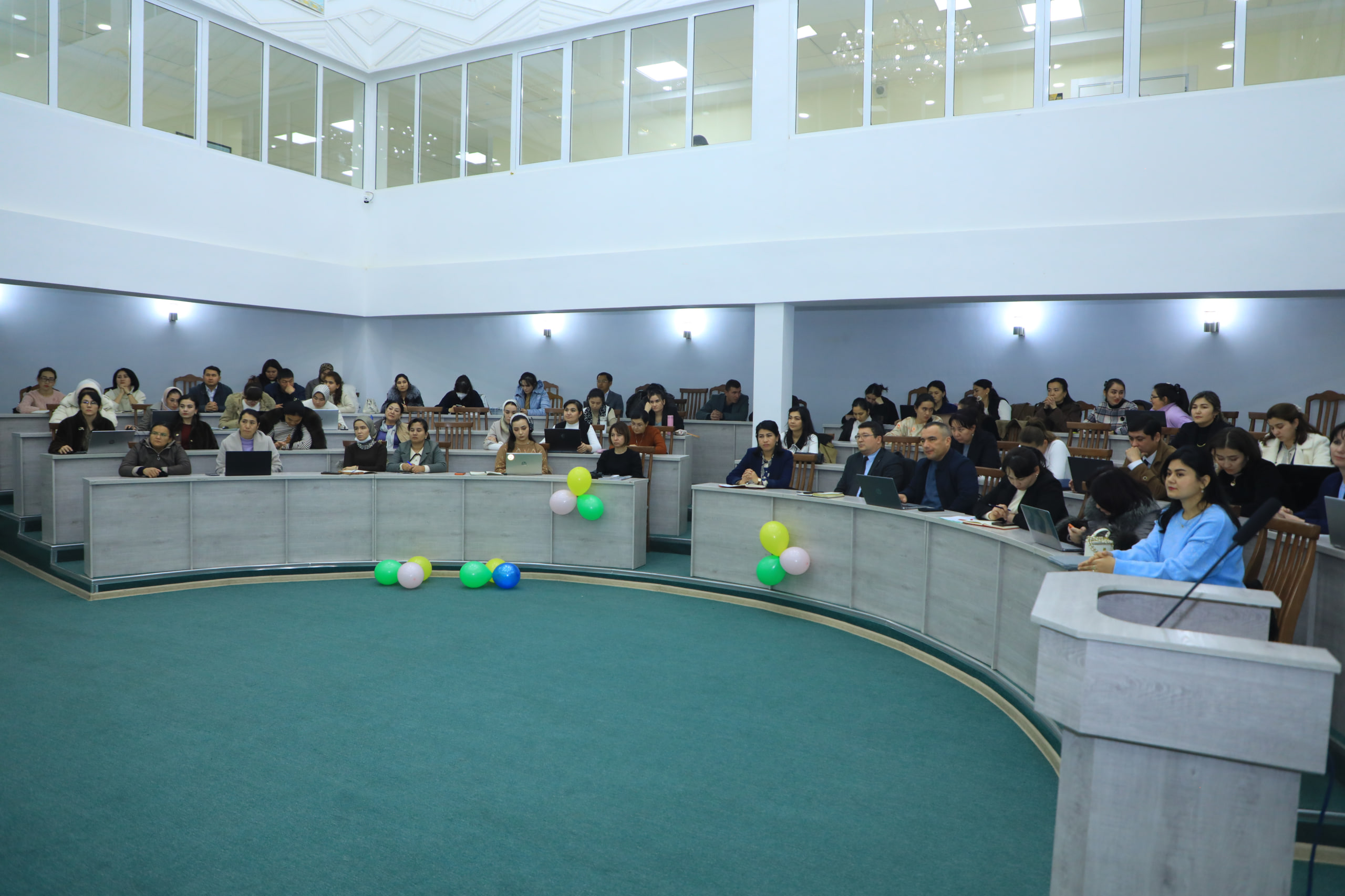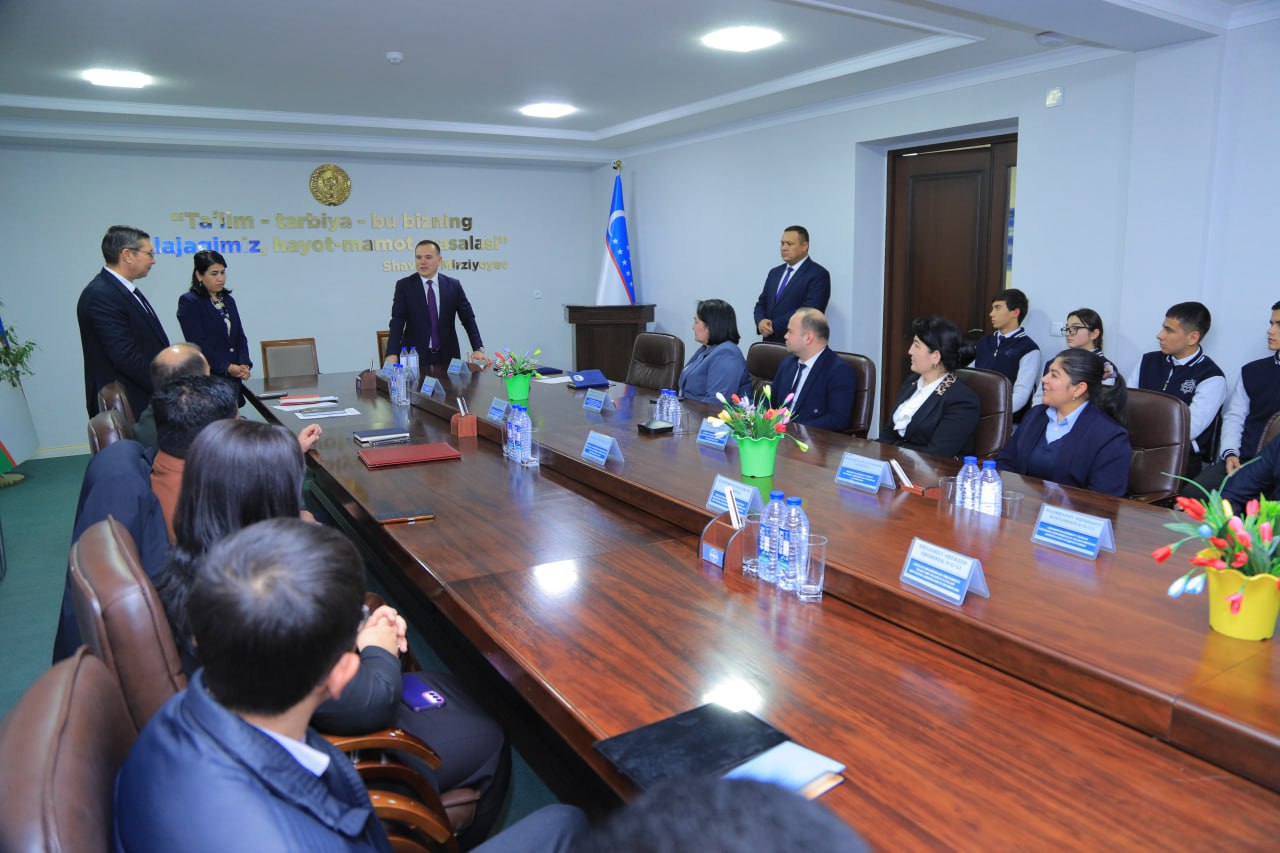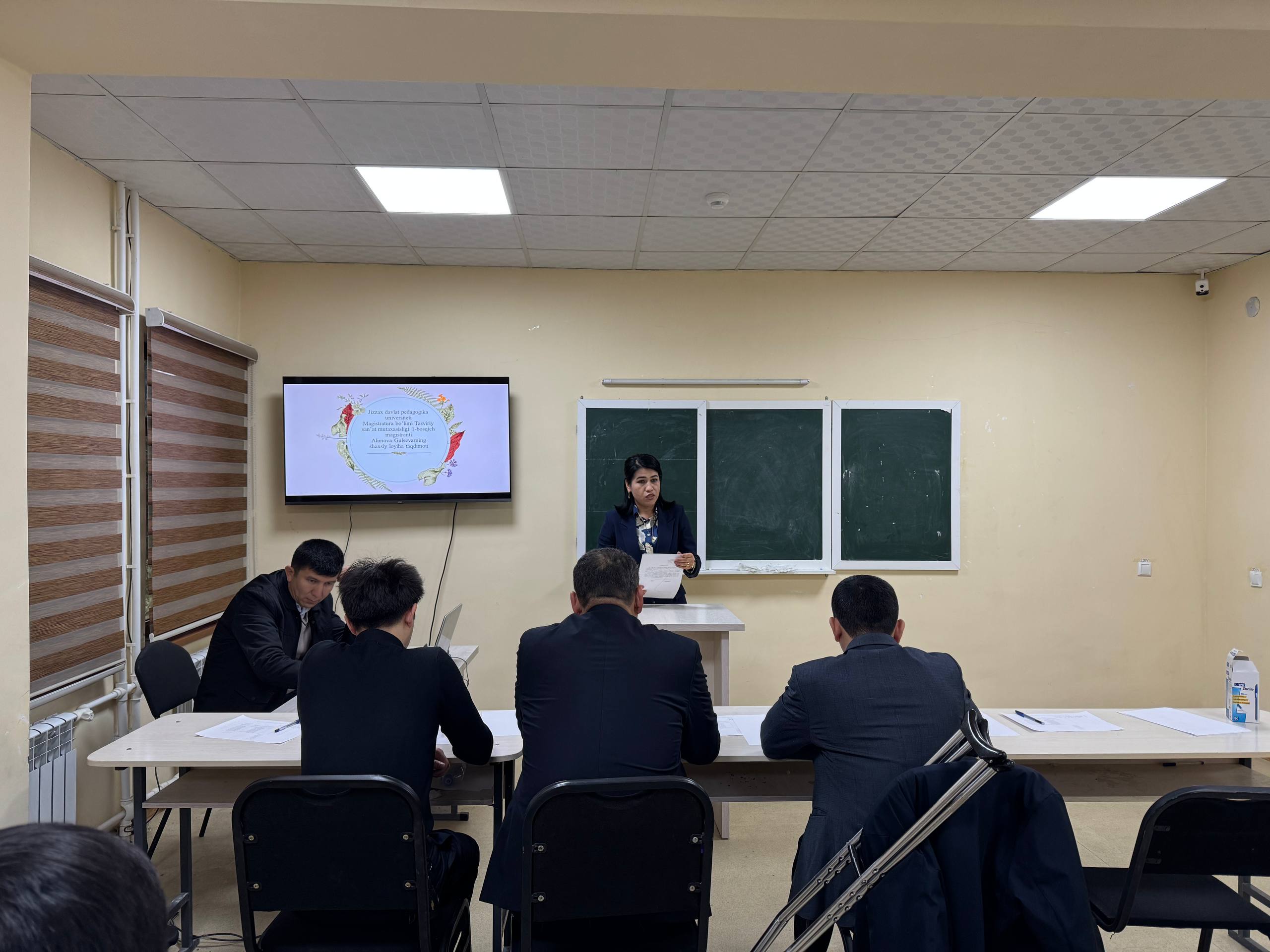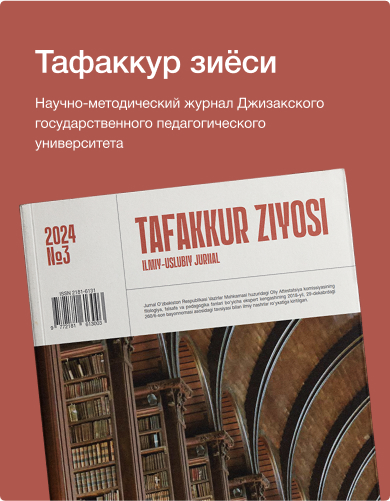p.f.b.f.d. (PhD), Assoc. etc. Tugalov Farkhod Karshiboevich (farkhodtugalov@mail.ru)
master student Boymurodova Gozal Abdumannon’s daughter
Jizzakh State Pedagogical University
The didactic goal of studying particle physics is to understand that quarks, leptons, and gauge bosons are elementary particles in the Standard Model. They are also called fundamental particles. Quarks and leptons are fermions and have a spin of 1/2. The spin of the calibration bosons is equal to 1. Fundamental fermions and bosons have different functions. Fermions are small building blocks of matter, but are also sources of fields that provide fundamental interactions. Calibration bosons are the quanta of this field and have two forms – real particles directly observed in experiments, and virtual particle-effect «carriers». Quarks and leptons form three generations, each consisting of two leptons (with 0 and -1 charge) and two quarks (+2/3 and -1/3 charge). The acquisition of knowledge by students leads to the formation of experimental skills.
Conducting laboratory work «Study of the properties of elementary particles with the help of ICT» for the purpose of forming experimental skills allows students not only to achieve the goal of the laboratory work, but also to get an idea of the physical characteristics of particles, the implementation of conservation laws in them, and the internal structure of matter, which enables analysis and means drawing clear conclusions. The student’s own analysis of the problem as an element of problem-based education activates the cognitive-mental capacity of students in laboratory work.
Today, existing textbooks on the sections of the «General Physics» course, which are included as a subject for physics and astronomy students of pedagogic higher education institutions, are systematically described with the inclusion of modern information. Rational thinking in physics is always based on data from experience. The structure of practical exercises in the physics course should be focused on separating the learning problem and involving students in their active solution. The solution of the educational problem is expressed in the form of a problem, question or assignment that cannot be obtained according to a ready-made sample. Here, students are required to be independent and self-expressive.
Literature
- Lyubimov A., Kish D. Vvedenie v eksperimentalnuyu fiziku chastits. i dop.- M.: FIZMATLIT, 2001.-272p.
- Perkins D. Introduction to high energy physics. M.: Mir, 1991.
- Bekmirzaev R.N., Olimov Q., Khudoyberdiev G. Nuclear and particle physics part 2. Particle physics. Jizzakh 2010. 128 pages.
- Okun L.B. Elementary physics. M.: Nauka, 1990.





